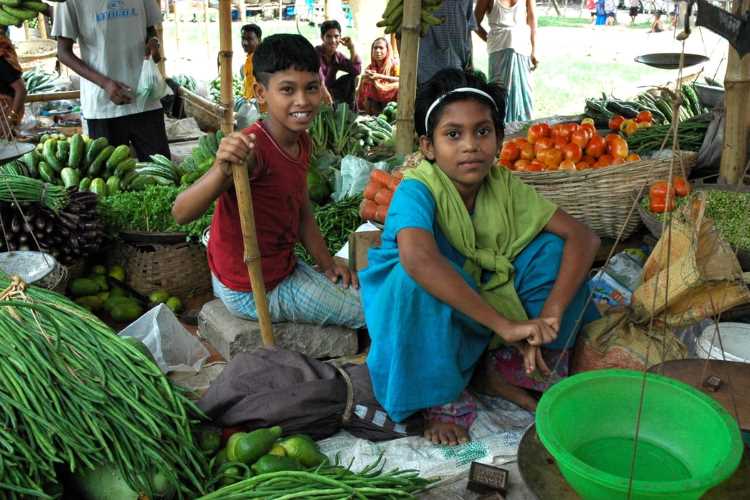
Plant-rich diets and cutting food waste are among the most effective ways to tackle human-caused global warming, says a study. These two solutions together can reduce demand, deforestation, and associated emissions, says the report, The Drawdown Review, produced by scientists and advocates at Project Drawdown, a non-profit created by environmentalist Paul Hawken.
The study explains how to meet climate targets without compromising on food security and damaging ecosystems just by reducing demand for food, feed, and fibre. It is estimated that around a third of the world’s food is never eaten, which means the land and resources used and greenhouse gases emitted while producing it were unnecessary.
The global demand for food can be reduced significantly by a shift in diets away from meat products and by addressing the issue of food waste effectively. Shifting to plant-based diets will lower the demand for farming inputs, land-clearing, and associated emissions.
Human consumption of meat and dairy often exceeds the prescribed nutrition. Shifting to plant-based foods cuts demand, thereby bringing down land under cultivation, use of fertilisers, cattle population and greenhouse gas emissions. The report is a follow-up to the New York Times bestseller Drawdown.
READ: New coronavirus: Spread to poorer countries will pose bigger threat
Giving girls better access to education and reproductive healthcare can go a long way in stopping climate change. Better education to girls will have a cascading effect — women gain political and economic power, fertility rates drop, leading to a fall in per capita emissions.
There are at least 214 million women in the world who don’t have access to modern contraception methods. Many women do not have access to education and birth control. Gender is another factor in determining who faces the first and worst impacts of climate change. Women are poor and vulnerable. The bear the brunt of natural disasters triggered by climate change.
